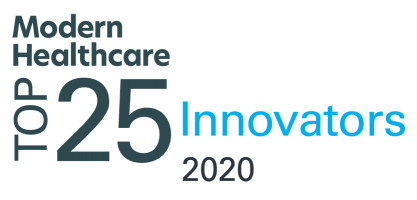Researched by Belong.Life and published by ASCO, 2019
Authors: Maytal Bivas-Benita , Irad Deutsch, Eliran Malki, Lior Hasid
Background:
Value-based healthcare requires integration of real-world data (RWD) generated by patients in parallel to clinical documentation. This gives a holistic perspective of the patients’ health and care and could lead to reduced costs and better patient care and safety. Belong digital patient-powered network (PPN) is a social network for cancer patients and caregivers providing them access to other patients, healthcare professionals and disease management tools. In this study we compared the clinical data generated by Belong users with classical clinical documentation. Furthermore, we explored the additional information generated in the PPN and its value.
Methods:
RWD collected from users of the Belong PPN was retrospectively analyzed. We evaluated patient-reported outcomes in parallel to medical records provided voluntarily and anonymously. Data of patient journeys was extracted and mapped from medical records and social engagement in our platform using artificial intelligence (AI) engines. Data was further validated manually by the research team to assure accuracy.
Results:
We compared 40 treatment journeys reported by patients in Belong to their doctor summary. The data showed that patients can accurately describe their cancer diagnosis and treatment, mentioning 85% and 90% of their diagnosis and treatment, respectively. In 38% of the cases, patients’ engagement data provided additional insights in the categories of OTC drugs, supplements, diet, alternative treatments, lifestyle changes and emotional health. Complementary information from patients with possible clinical consequences (changes in sugar levels, blood pressure, body minerals levels etc.) was also reported and could affect patients’ treatment and well-being.
Conclusions:
collected in the Belong PPN recreated a comparable clinical description of standard medical documents and provided additional insights that created a more comprehensive picture of patient’s health. Superimposing the social data layer onto the clinical one could provide significant advancement of how we treat patients and result in better cost-efficiency, improved healthcare services and patients’ outcomes.
For more info: Creating the real-world medical record: Using digital patient-generated data to create an updated picture of patients outcomes








